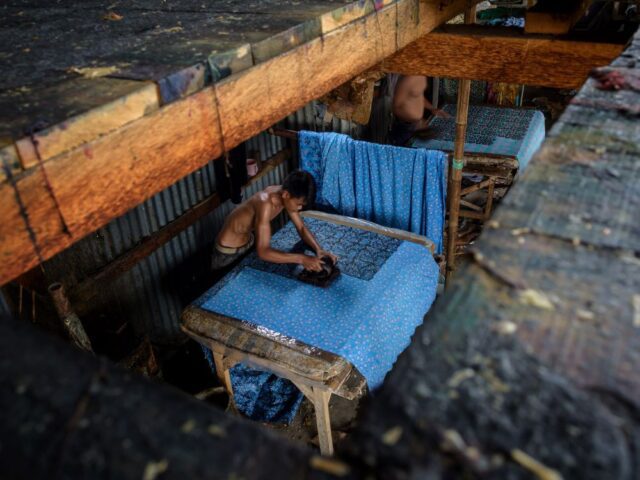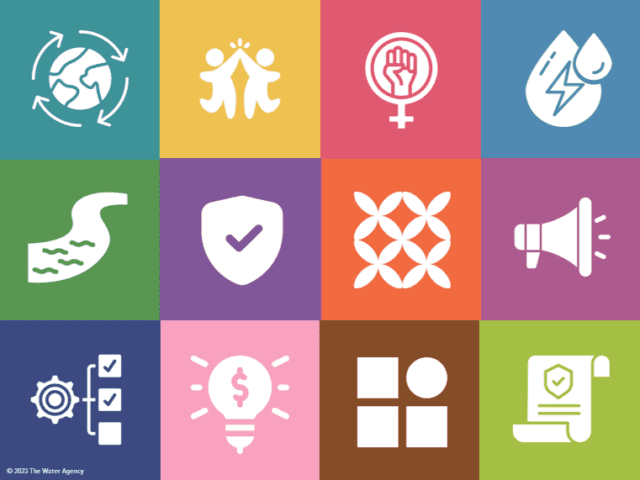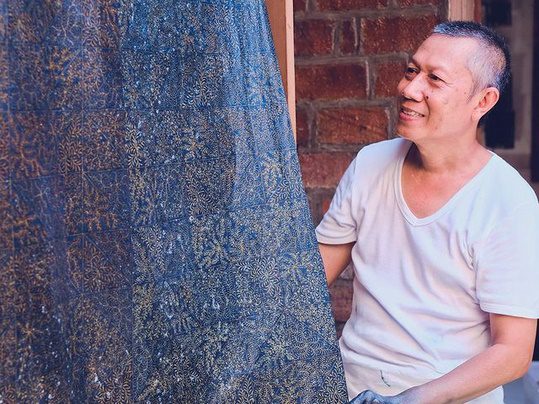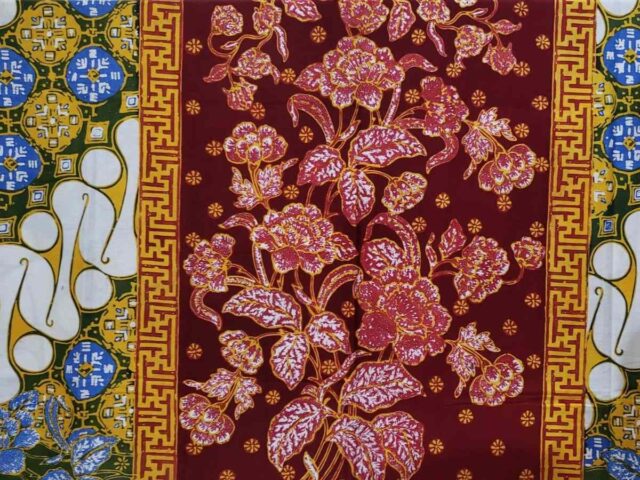Currently, Batik Pekalongan holds a significant share in the market. Pekalongan stands out as Indonesia’s prime batik hub, recognized as the Batik City and the country’s largest producer. Related to the mass production of batik, the awareness of the environmental impact of batik production also rises among batik stakeholders. This has led to the adoption of eco-friendly practices in batik production, as exemplified by the green industry standard outlined in the Industry Minister of Industry Regulation No. 10 of 2023. This regulation encompasses two primary aspects of batik production: technical and management.
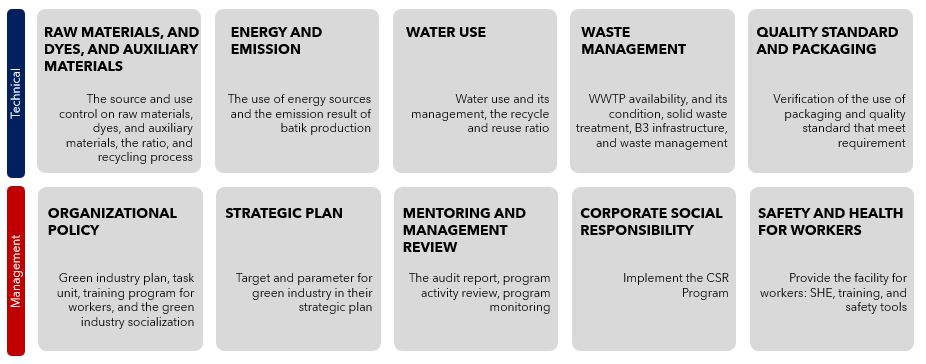
Source: Industrial Minister Regulation No. 10 of 2023
Regarding technical aspects, standards for raw materials, energy consumption, water usage, and waste management are regulated. Meanwhile, the management aspects cover organizational structure, business planning, and the safety and health environment of the workers.
The comprehensive of this regulation and its implementation is anticipated to capture new markets and boost batik sales, especially in foreign buyers where demand for green products is quite high. Additionally, adopting green batik standards in the batik industry business will undoubtedly create a balance between economic, environmental, and social activities.

